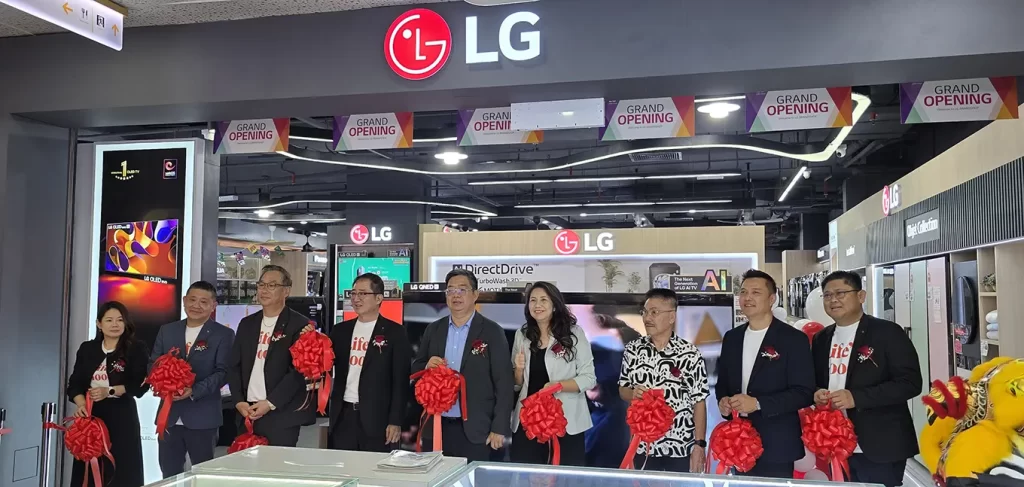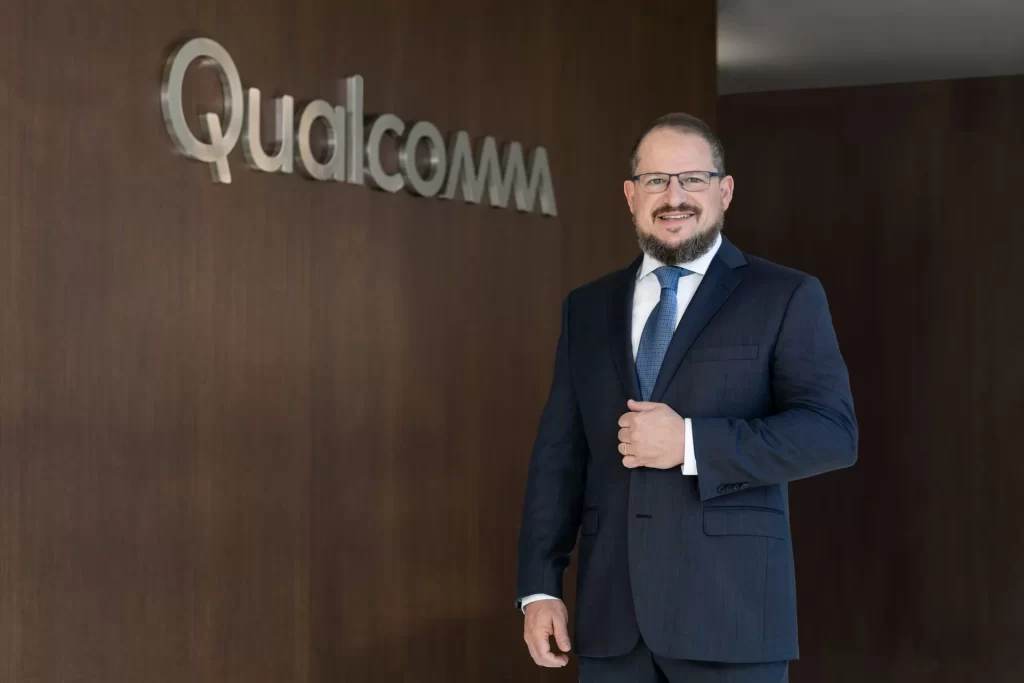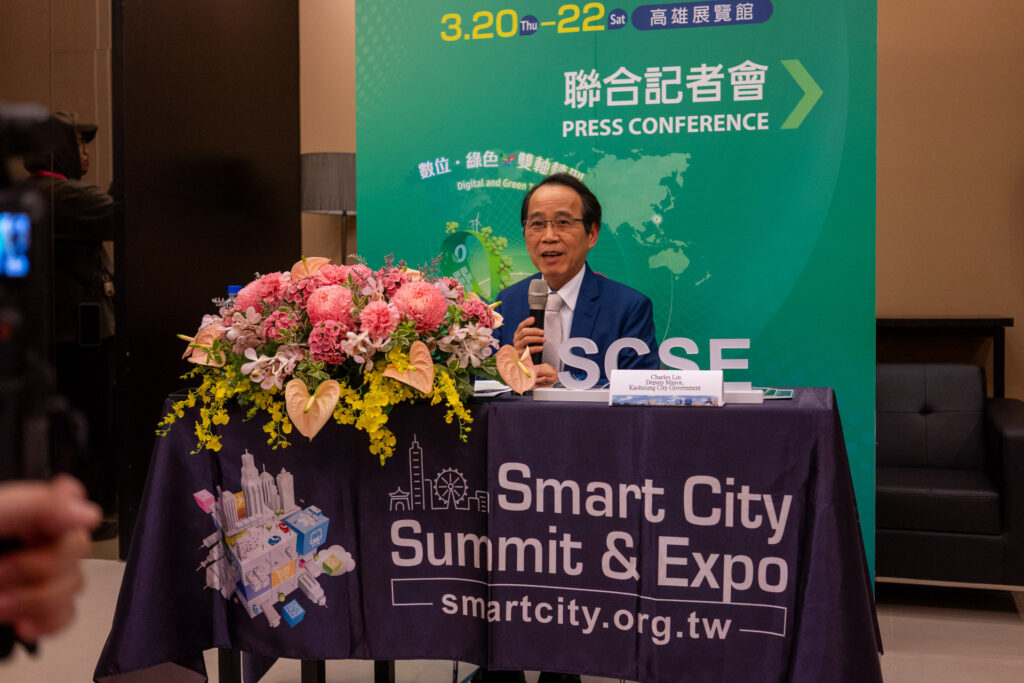Bosch Malaysia Post Stable 2017 Financial Performance

Bosch, a leading global supplier of technology and services, ended its 2017 fiscal year in Malaysia with total net sales of RM 5.2 billion, registering a growth close to 8% compared to the previous year. The consolidated sales in Malaysia market amounted to RM 615 million, the second largest revenue contributor for Bosch South East Asia for the third consecutive year.
Connected Factories: Greater speed, flexibility and efficiency
In the past year, Bosch in Malaysia has increased capital expenditures in Malaysia by nearly 50% and invested around RM 236 million largely equipping the company’s manufacturing sites with Bosch’s Industry 4.0 solutions.
From data analytics and process quality management to remote maintenance, digitalization in manufacturing is an integral part of today’s manufacturing – an IoT trend called Industry 4.0. It enables manufacturing processes to be connected, optimized and made more flexible, thus more efficient and transparent. Bosch is a leading user and provider of Industry 4.0, implementing more than 150 projects worldwide – Malaysia included.
For example, the Bosch Manufacturing Execution System (MES), which was fitted at the company’s car multimedia and power tools plants in Penang, helps to efficiently plan and control processes related to production, quality, and logistics. Bosch foresees that businesses will be able to achieve up to 15% higher machine availability, 5 to 10% higher production performance and downtime reduced by 20% with Bosch Industry 4.0 solutions.
Enhancing collaborations with partners in Malaysia
At the same time, Bosch is active in collaborating with local companies in the area of connectivity. In April this year, Bosch announced its collaboration with the Malaysian Digital Economy Corporation (MDEC) for its Digital Transformation Acceleration Project (DTAP), initiated with the support of the Malaysian Investment Development Authority (MIDA). In this cooperation, Bosch will be lending its expertise and assistance to Malaysian companies in adopting and leveraging digital technologies for increased productivity and sustainability.
Besides being an industry enabler, Bosch is also working towards developing a highly-skilled technical workforce in Malaysia, with the establishment of the Bosch Apprenticeship Program. Collaborating with the Penang Skills Development Center (PSDC), Bosch has invested in building a customized apprenticeship training centre at the company’s car multimedia plant in Penang. Currently, there are more than 20 apprentices undergoing the program, with another intake scheduled in the pipeline. Topics within the syllabus include industrial automation, connected devices and process monitoring and are paired with a practical training stint at the Bosch’s car multimedia plant.
Development of Bosch Malaysia business sectors
The Mobility Solutions business sector of Bosch in Malaysia developed especially well, particularly in the manufacturing arm. Driven by global market trends of connectivity and driving assistance, Bosch is increasing production and engineering capacity to meet the market demand. For example, the car multimedia plant is developing sophisticated infotainment products with new connectivity features in Malaysia for the Asian, European and North American markets – smartphone integration and security protection amongst others.
For the Consumer Goods business sector, the local manufacturing hub saw strong growth in 2017, backed by sales growth of cordless products in emerging markets, along with increased battery pack sales in the European market. The local market sales, however, was impacted by a subdued market environment in Malaysia. Nonetheless, the Power Tools division is directing efforts to drive local e-commerce activities and is looking to introduce at least 30 new products in the Malaysian market, focusing on the web-enabled cordless 18 volt and measuring tools product range.
The Industrial Technology business sector generated a healthy growth last year driven by the acquisition of hydraulics and linear motion technology projects in material handling and rubber industries. In tandem with the growing demand for factory automation, the Drive and Control Technology division will be introducing a new range of connected hardware and software solutions this year to support the local industries. An example is an Active Shuttle, an autonomous trolley transport robot for mobile pick and place.
In the Energy and Building Technology business sector, sizable growth was recorded as the Thermotechnology division expanded into chemical and rubber customer industries in addition to its existing businesses in the food and beverage industry. The division will diversify its product range by offering residential water products, beginning with the residential air purifier. Meanwhile, the Building Technology division, previously known as the Security Systems division, delivered several key projects in 2017, one of which was the comprehensive security system upgrade for the Bukit Jalil National Sports & Complex. To further enhance its solutions, the division will expand its product range in Malaysia to include fire alarm systems.
Bosch Group: Global strategy and business outlook for 2018
Bosch is aiming for further growth in 2018, despite the difficult economic climate. After achieving record results in 2017, and in light of economic and geopolitical risks, the Bosch Group expects its sales revenue to grow by 2 to 3% in 2018. In the first three months, the sales revenue generated by the company matched the high level of the same period of the previous year and even increased by around 5% when adjusted for exchange-rate effects.
“Our company is unequalled when it comes to combining comprehensive connectivity expertise with broad industry and product know-how. This is the Bosch Group’s unique selling proposition,” said the Bosch CEO Dr Volkmar Denner, speaking at the annual press conference in Renningen.




